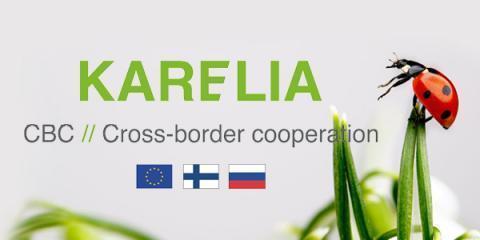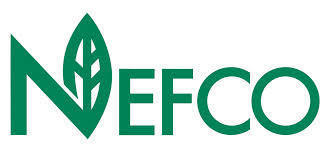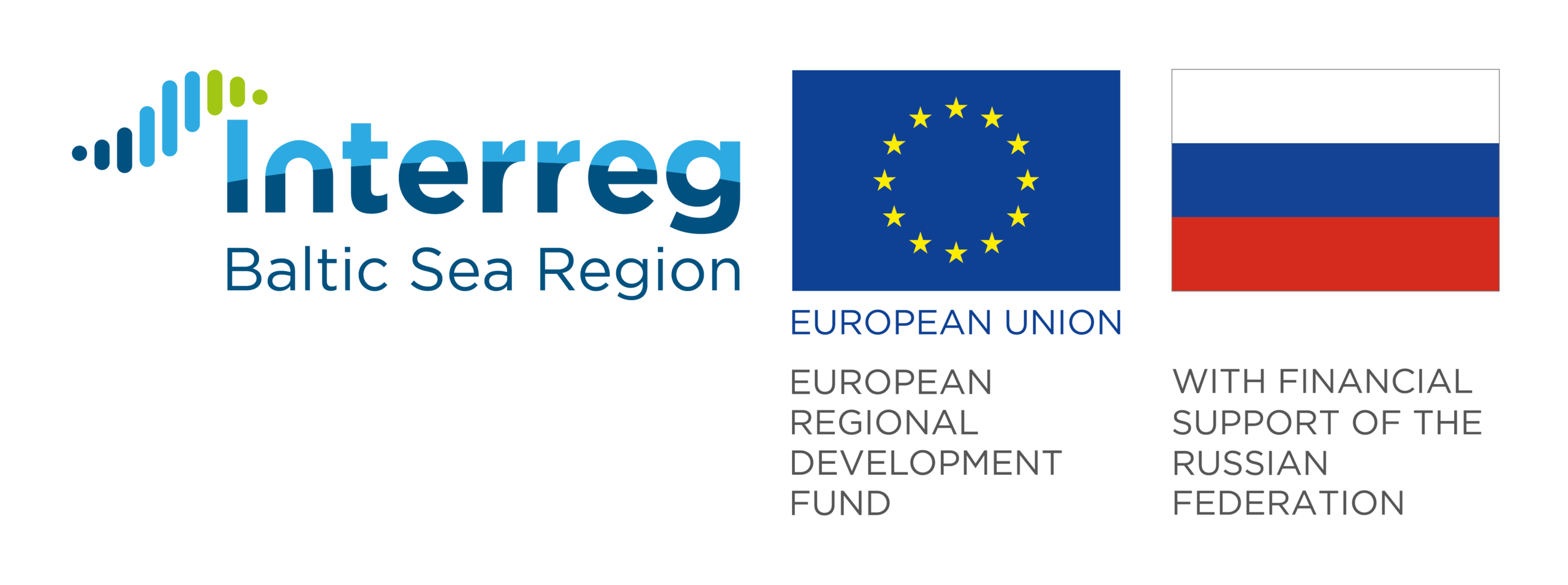On October 26, 2021, a round table on waste management was held in Petrozavodsk with the participation of European experts
After a long period of the pandemic, there is a growing need to intensify working relations and exchange knowledge on waste-related issues within the framework of bilateral Russian-Norwegian cooperation in the field of the environment and cooperation in environmental hotspots of the Barents region.
In this regard, an international round table was held on October 26, 2021, organized by the Ministry of Natural Resources and Ecology of Karelia and the Norwegian company Norsk Energi with the support of the Norwegian Ministry of Environment and Climate. The round table was attended by 23 experts and official representatives from the Republic of Karelia, Norway and Finland. The round table was held in person and on-line.
The round table became a meeting place for Russian and European experts, where ways of balancing various interests (government, business and the population) and the transition to modern methods of waste management in the Republic of Karelia were discussed. The ideas and opinions expressed during this event should lay the foundation for new cooperation initiatives aimed at accelerating the exclusion of K8 - "Waste Management in the Republic of Karelia" from the list of environmental hot spots in the Barents region.
Plenary session “On the way to sustainable waste management in the Republic of Karelia” was moderated by Elena Vedentsova, the head of the Department of environmental protection and waste management of The Ministry of Natural Resources and Ecology of the Republic of Karelia.
The seminar was opened with a welcome of Alexey Pavlov, the Minister of Natural Resources and Ecology of the Republic of Karelia. He noted the importance of events focusing on the topic of waste management and highlighted the need for transfer of knowledge.
Hans Borchsenius of NorskEnergi gave a presentation on the experience of the neighboring Komi Republic in excluding waste-related environmental hot spots Ko-6 and Ko-7.
Alexey Pavlov described the system of waste management in the Republic of Karelia and outlined its legislative and institutional basis, gave an overview of the steps that led to a current situation and conditions and outlined the plans for the foreseeable future, the challenges Karelia is facing and new initiatives and investment programs.
Mikhail Romanenko, who represented the regional waste management operator, laid down the plans for development of the waste management system in the region. Being the primary organization involved in all stages of waste management, Autospetstrans LLC has a clear picture of measures that need to be taken, from separate waste collection to recycling.
Helena Dahlbo from Finnish Environment Institute (SYKE) spoke on SYKE’s involvement and experience in Barents Euro-Arctic Cooperation in the sphere of waste management. Being a prominent institution in the sphere of environmental protection and monitoring, SYKE is involved in the various projects related to environmental challenges in the Barents Euro-Arctic region.
Kine Martinsen from the Agency of environmental protection of Norway brought up the example of exchange of knowledge and experience in the case of a waste management project in the Murmansk oblast, another neighboring region.
The round table for discussion of various approaches and solutions for improvement of waste management in the Republic of Karelia was moderated by Sergey Faschevsky, senior advisor of NorskEnergi, who gave an introductory speech on the challenges and plans of the region presented during the plenary session.
Elena Vedentsova mentioned the problem faced by the “Waste reform” in Karelia, namely negative attitude of the population which slows down the process. However, all waste management infrastructure is to be build by 2024. Another problem mentioned was the increase in the amount of disposable packaging that has recently soared. As a positive trend, volunteer projects such as “Sbormobile (collection vehicle)” was mentioned. Such projects are supported by local authorities.
Elena Vedentsova asked about the attitude of Norwegian population to waste incineration and RTF fuel. Idar Bergfjord replied that the switch to waste incineration was preceded by two stage waste cleaning. A CHP plant running on waste as a source of heat was built. In Norway only thoroughly sorted waste is sent for incineration.
Idar Bergfjord gave a presentation on the policy of Norway in the sphere of waste management outlining the general approach, historical stages, basic legislation and current waste management practices. Another topic covered was closing down and re-cultivation of landfills in the country. Waste is considered a fuel for CHP plants and is exported from other countries.
A question for Karelian side was asked about the norms of the amount of waste for households in Norway. There is no specific limit on waste produced by households and waste management fees are based on the amount produced for composting (i.e. the size of bins).
Mikhail Romanenko asked about the amount of waste brought in for incineration and the amount of waste that should be supplied to a CHP plant for it to be profitable. The data is to be clarified and provided later.
Sveta Silvenoinen-Hisku from the Ministry of the environment of Finland gave a presentation on the waste management situation in Finland. She described the steps that led to introduction of a currently efficient system and described basic principles of handling waste in Finland.
Elena Kuznetsova from the Directorate of Specially Protected Natural Territories asked about the due process of switching to source sorting of waste, whether separate waste collection and source sorting should be introduced at the same time and Sveta Silvenoinen-Hisku replied they should.
Ragni Olsson from NorskEnergi who has experience of working for an agency dealing with waste management on the municipal level described the waste management communication in Olso. She described different approaches and communication channels meant to promote responsible waste handling among citizens, inform them how to separate waste and collect it.
Kirill Schelchkov from the Russian Bureau of Best available technologies informed the audience of control over following the environmental legislation in Russia and strategic planning in the sphere of nature protection. He stated that industrial waste is the focus of waste management efforts of the Ministry of the use of natural resources and ecology of the Russian Federation. Kirill also informed the audience that Russian BREFs are to be updated with regards to solid waste.
Yan Tsygankov representing the Russian Centre for clean production and sustainable development provided the information on the clean production programin the Republic of Komi: the background situation in the region, training for different audiences and the resulting projects in the sphere of waste management.
In late 2021 - early 2022, two more round tables will be held with the support of the Norwegian Ministry of Environment and Climate. The topic of the seminars will be working with the population to promote a responsible attitude to waste, sorting and recycling of waste in Karelia. To be continued!




